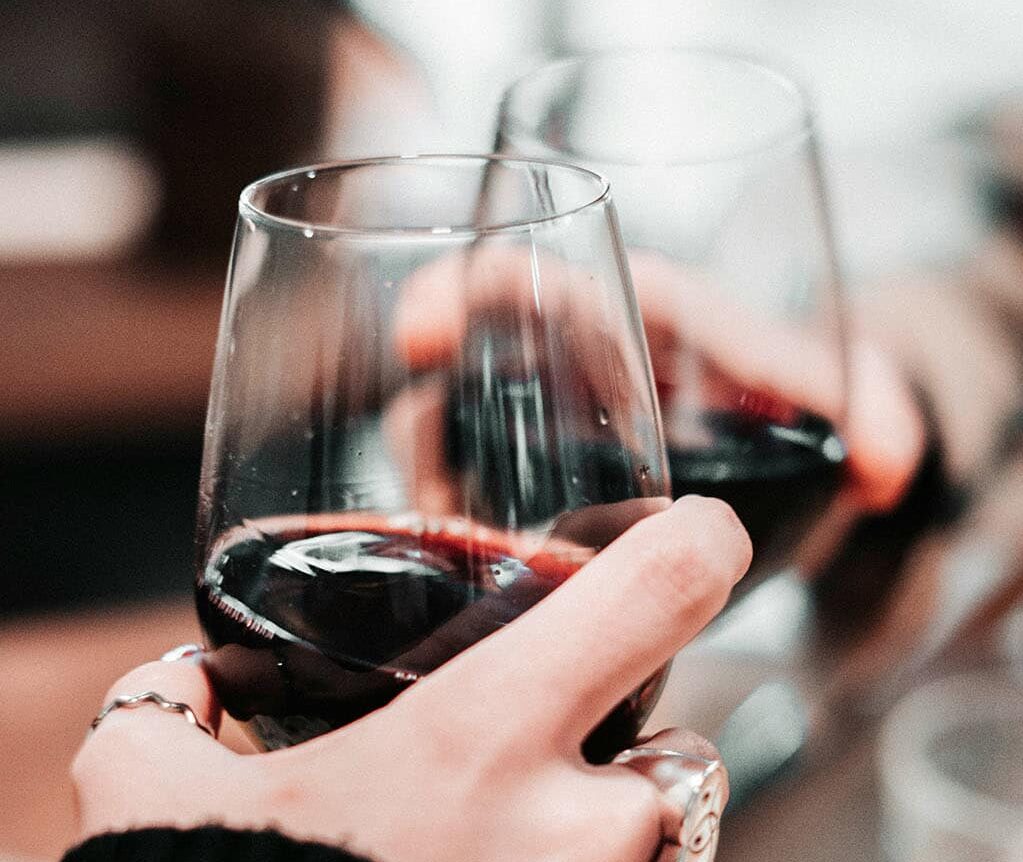Stepping into Saint-Émilion, a charming medieval town in the heart of Bordeaux wine country in France, is like turning back the clock.
Legend says a monk, whose name was Emilion, fled from Brittany to seek refuge in one of the natural caves in Ascum bas (former name of the village) in the eighth century. Here he performed a few miracles and rapidly became famous. Soon he evangelized the place and made it a great religious centre where, after his death, his followers carried on the legacy and named the town after him. It is now a UNESCO world heritage site.
Meanwhile, a study has shown that drinking wine late at night and losing weight go hand-in-hand. Apparently, there is a substance called resveratrol – a compound found in red wine that converts ‘white fat’ into ‘beige fat’ – which is easier to shed. I don’t know about you, dear reader, but I simply love gathering this kind of random information.
However, another research instantly rubbished the linking of nocturnal drinking with shedding weight, claiming that even though the magical component in red wine converted ‘bad fat’ into ‘good fat’, it was still fat, you see? So even before I could enjoy gazing at the world through a glass of full-bodied Bordeaux and thinking that it was somehow trimming my waist, out came the facts. A small glass of dry white wine had around 85 calories, medium dry 95 calories, and sweet about 120. A large (175ml) glass of red wine contained 120 calories.
Right! Therefore, it was back to square one. To drink or not to drink, that was the question. Most women living in Mediterranean countries credited their slender figures to regular wine drinking. They swapped junk fare like chocolates and crisps for wholesome homemade food too, I discovered.
Also, their motto was to drink in moderation because if you had a lot to drink, the alcohol interfered with the body’s ability to burn fat. “Alcohol blocked the burning of everything else,” said Marc Hellerstein, a professor of human nutrition at University of California in Berkeley. Which meant that if the body was busy with burning alcohol, the rest of the food ended up getting stored as fat. Perhaps this was the secret of weight loss by late-night wine guzzlers because drinking it a few hours after dinner, the body was able to digest it without having to compete with other food.
While I was still processing the two theories, out came another one by scientist Dr Gordon Shepherd, from Yale School of Medicine. He insisted that drinking wine gave our brains more workout than solving math problems. “The molecules in wine did not have any taste per se, but when swirled in the mouth of the wine taster, it stimulated the brain into creating flavour the same way it created colour,” he noted.
Soon, I decided to test out theory number one.
“Time for a workout,” I announced recently at the midnight hour.
“What do you mean?” my husband was appalled.
“You want some wine?”, I asked.
“Now? Are you ill?” my spouse checked my forehead.
“This will make me thin”, I said taking a sip.
He stared at me in disbelief.
“By converting white fat to beige fat”, I continued.
There was no answer.
“Which is easier to burn”, I explained.
“What if the beige fat accumulates?” my husband asked.
I paused for consideration.
“The hypothesis will have to burn”, I shot back.
By Nickunj Malik
|| features@portugalresident.com
Nickunj Malik’s journalistic career began when she walked into the office of Khaleej Times newspaper in Dubai thirty-one years ago and got the job. Since then, her articles have appeared in various newspapers all over the world. She now resides in Portugal and is married to a banker who loves numbers more than words.




















